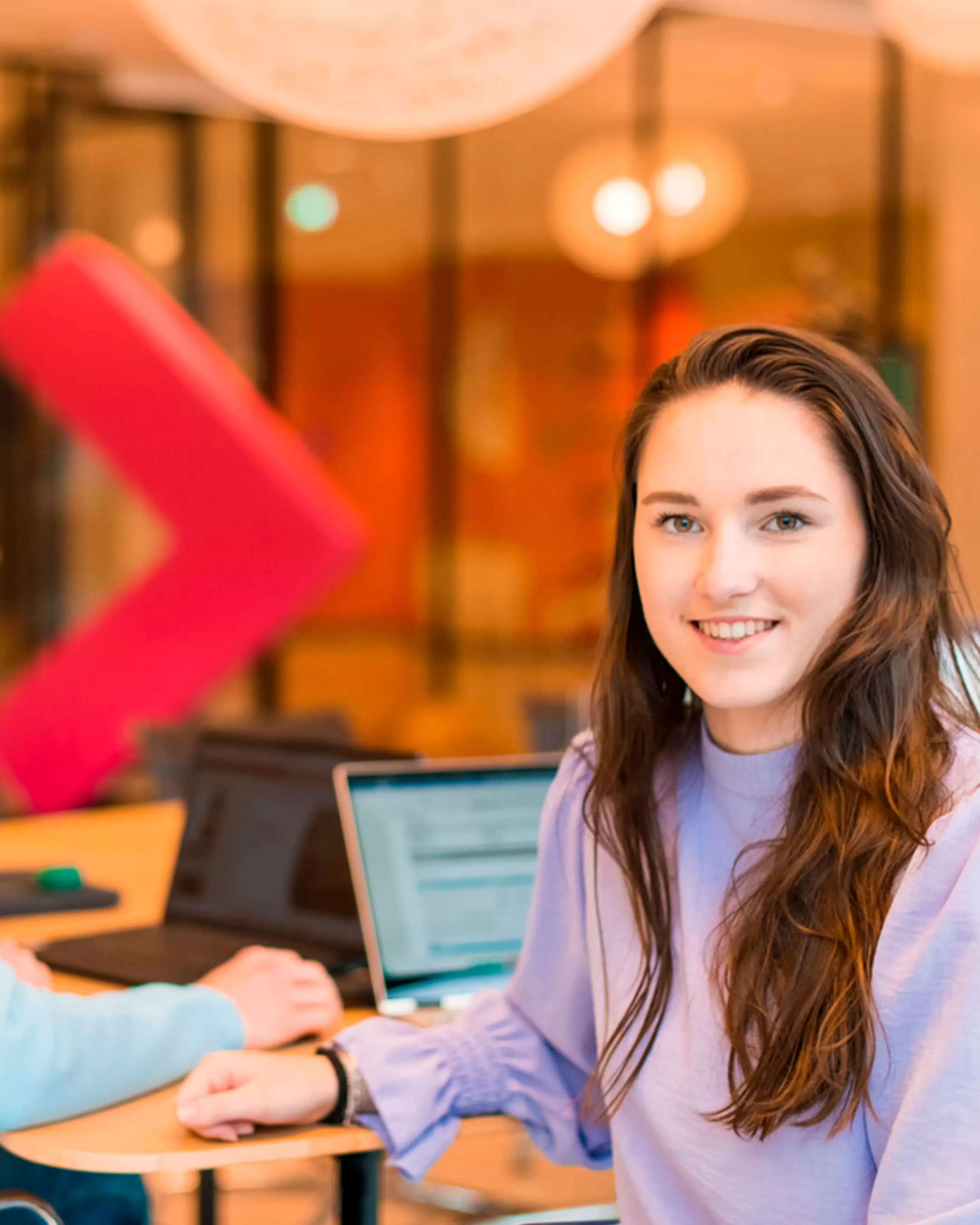
Programmes

You’ve figured it out! Fontys master in Digital Technology Engineering is the study programme for you. But how to proceed? As a prospective Fontys student, you must comply with the requirements stated for the programme of your choice. Depending on the country in which you obtained your diploma, you will find the admission requirements below. This page provides you with details on eligibility, the application process and necessary documentation to become part of our programme. Go to our Enrolment page to apply!
In order to be admitted to Fontys University of Applied Sciences, a prospective master’s student must have a completed bachelor’s degree (or equivalent) in a relevant field.
None
Please make sure to check the extra information and recommendations below.
You must have a bachelor degree in either:
Is your study not mentioned? Contact us and we can talk about possibilities.
Part of the application process is an intake. The goal of the intake is to manage each other’s expectations and check whether the purpose and programme profile of the master’s are clear to you. You can find out if you have the right mindset, such as open-mindedness and willingness to develop. You will automatically receive an e-mail to plan this intake.
When you have a Dutch mbo4-, havo-, or vwo-diploma you already meet the language requirements, and you are therefore exempted from taking a language test.
For all programmes conducted in English, Fontys has set minimum language requirements. Generally, in order to prove that you meet these requirements, you will be asked to send in one of the recognised English language certificates. Based on the country where you obtained your previous education, you might be exempted from providing a language certificate.
As a non-EU/EEA applicant, studying the Netherlands will require an Entry Visa* (MVV) and a Residence Permit. Fontys will apply on behalf of its students for these documents. We recommend you start the process early, i.e. approximately three months before you plan to enter the Netherlands.
Visit 'Get Prepared' to read more about the visa procedure.
*Except nationals from Australia, Canada, Japan, Monaco, New Zealand, South Korea, United States of America, United Kingdom, Vatican City State and Switzerland.
The Code of Conduct for International Students in Dutch Higher Education is a document that sets out rules and regulations for higher education institutions that want to attract and enroll international students. This code of conduct is intended to safeguard the quality of education for international students and to guarantee transparency and clear communication of information.
Taking care of your finances is an important part of student life. There are tuition fees, possible scholarships, and (proof of) living expenses to consider.
Wondering how much your tuition will be? Please check out our tuition fee indicator.
Good to know: The Dutch Immigration Service (IND) requires non-EEA students to prove they have access to a certain amount of money per year or semester.
Besides tuition fees, there are more costs such as textbooks, introduction, excursions and a good laptop. Are you planning to move into a student room? Then you will pay rent and other living costs such as gas, water and internet. International students in the Netherlands typically spend €1100,- to €1500,- monthly, covering rent, insurance, food, transport, clothing, and more.
Check on DUO whether you are eligible for study financing or a student public transport pass.
Read all about finances
Wondering what's to come after applying for this programme? Go over the entire admission process.
Please note! If you wish to apply for housing through Fontys, the housing application deadline is June 15.
You can sign up for online and live events throughout the academic year.
We are happy to help.